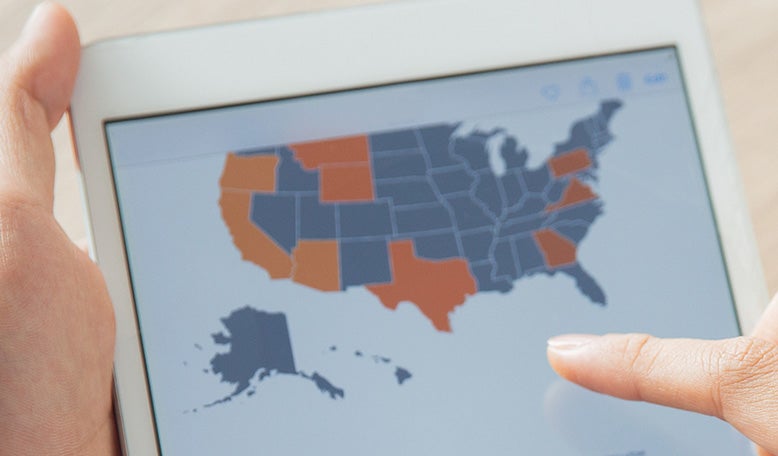The biweekly ‘So What?’ guide highlights advice, events, and tips — mostly from the advocacy and evaluation worlds, selected by the Aspen Planning and Evaluation Program.
Did You Miss Us?
APEP went relatively quiet for over a month – at least via this particular channel – but we are back with some big news. We are renewing our highly irregular series of Aspen Evaluation Breakfasts November 15 from 8:15 to 9:45 am at our Aspen Institute offices at 2300 N St NW in Washington, DC. We’ll feature friend of APEP Edith Asibey talking about how understanding our habits can help us communicate more effectively via digital and social media. And we are bringing back one of our favorite advocacy planning tools in a new, improved, and stunningly low-tech version. See below for deets on these two showstoppers.
Advocacy Progress Planner 2.0: The Offline Edition
A few months ago, we had to say goodbye to the Advocacy Progress Planner (APP), our beloved online tool for advocacy campaign planning. Built several centuries ago in Internet years (i.e., 2007), the APP’s software is sadly no match for today’s world of mysterious bugs and security threats. But fear not: we crafty Luddites have developed an offline version of the APP, complete with a User’s Guide. We’ve updated the content a bit, but we’ve done our best to preserve the tool in its original form. For our veteran users and fanmail-writers: we hope that the APP continues to be a helpful tool as you plan, implement, and assess your advocacy campaigns. And for new users – happily, now inclusive of those with shaky Internet connections – we welcome you to try it out and offer comments and suggestions!
We Can Do Better Than Likes and Shares: What Advocates Need to Know to Spark and Sustain Action
Edith Asibey has had a varied career in the strategic communications field in the US and Brazil. She now teaches at NYU’s Wagner School of Public Service while she readjusts to life in beautiful Brooklyn. Here’s her pitch for her November 15 breakfast talk. Early birds are welcome to register here!
Many organizations want to inspire people to act in support of a cause. But too often, people engage as a one-off, or at best, sporadically. So we advocates design the next campaign hoping for new converts or a new way to inspire the already converted to act again. We’re not very good at it. What, exactly, needs to change to produce sustained activation and meaningful actions? Drawing from examples of humanitarian and global development campaigns, Edith will discuss “Tiny Habits,” a behavior model that could underpin a more effective approach. Participants will leave the breakfast equipped with ideas, tools, and tips to design more effective communication, advocacy and fundraising strategies, and ways to strengthen their advocacy evaluation plans.

